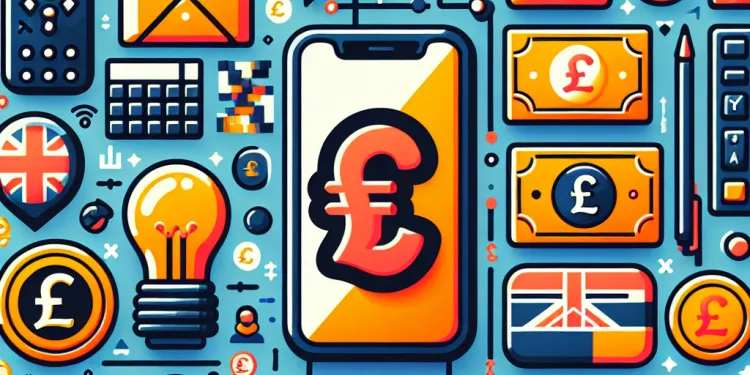
Find Help
More Items From Ergsy search
-
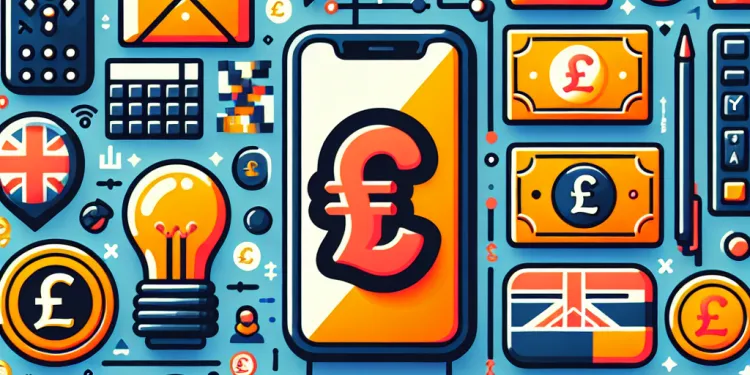
Are gig workers protected against wrongful termination?
Relevance: 100%
-
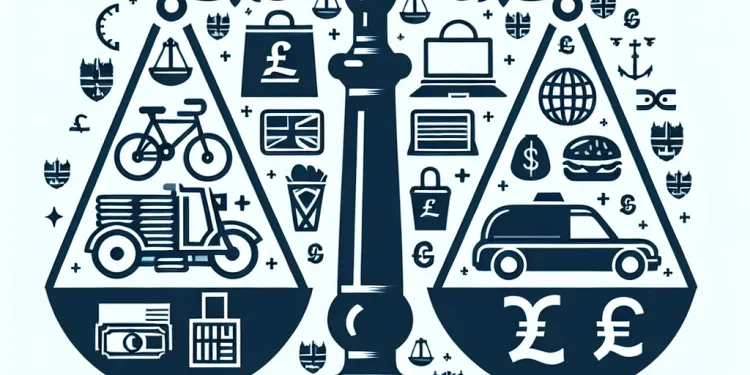
What are my rights as a Gig Worker?
Relevance: 54%
-
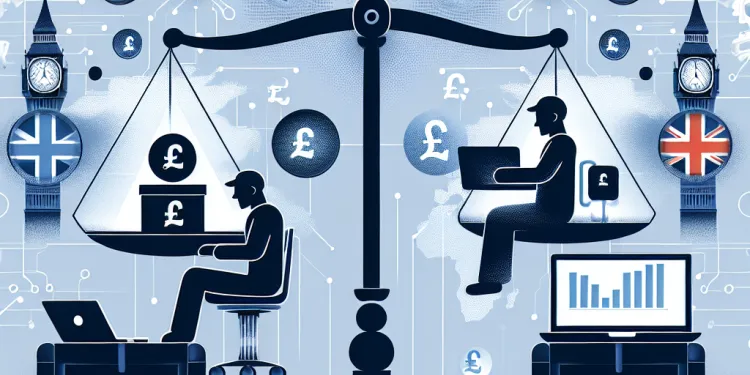
Are gig workers entitled to workers' compensation?
Relevance: 51%
-
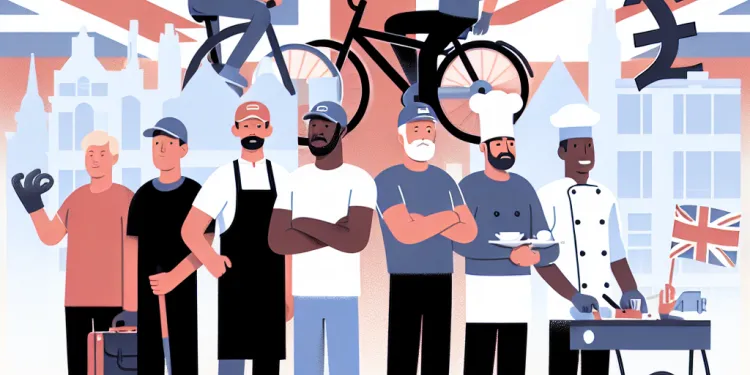
Do gig workers have the right to unionize?
Relevance: 47%
-
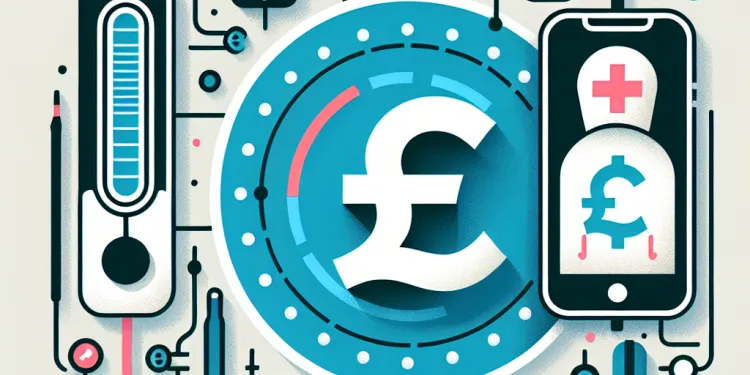
Are gig workers entitled to sick leave?
Relevance: 47%
-
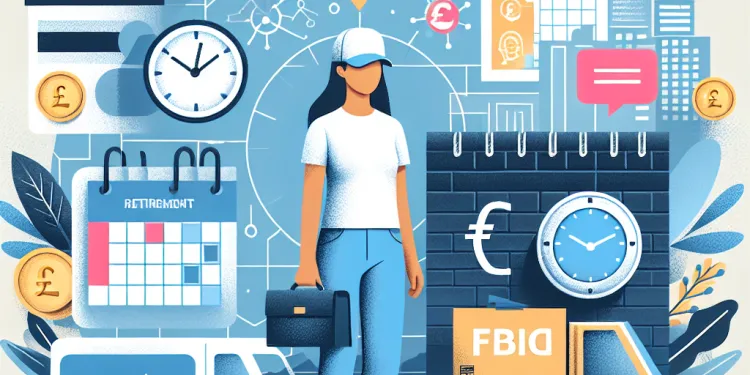
Do gig workers qualify for retirement benefits?
Relevance: 47%
-
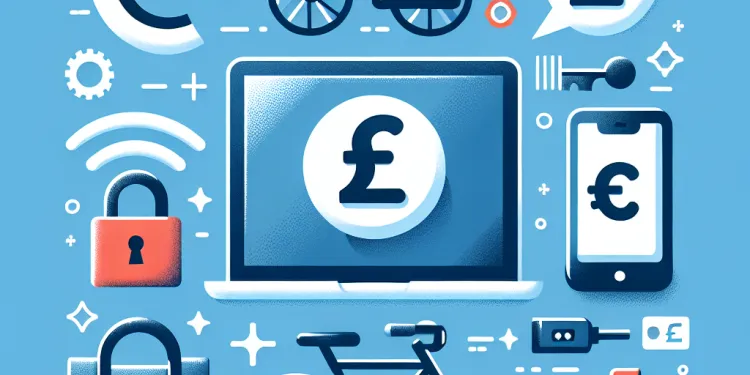
Is job security a right for gig workers?
Relevance: 47%
-
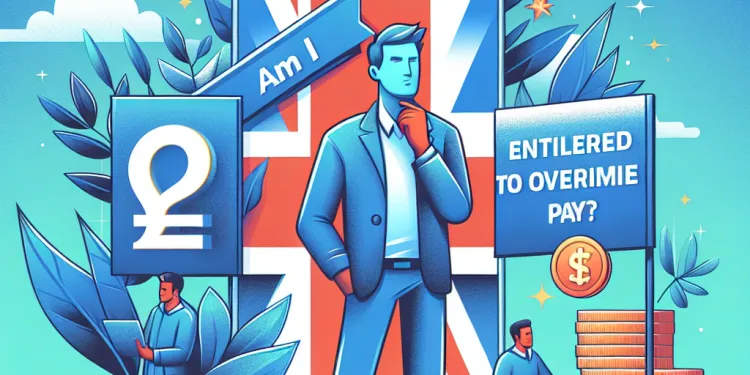
Am I entitled to overtime pay as a gig worker?
Relevance: 47%
-
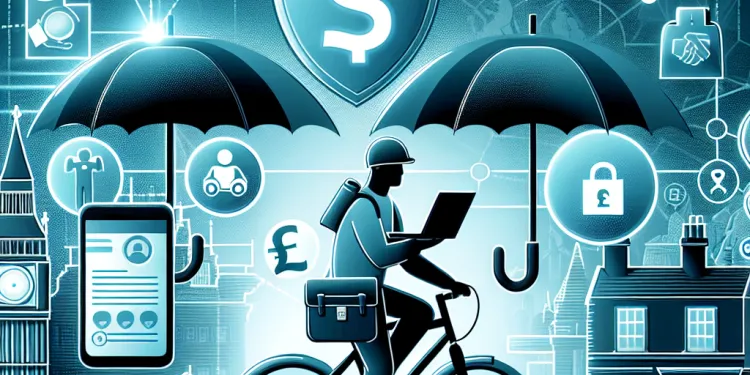
Do gig workers have access to unemployment benefits?
Relevance: 45%
-
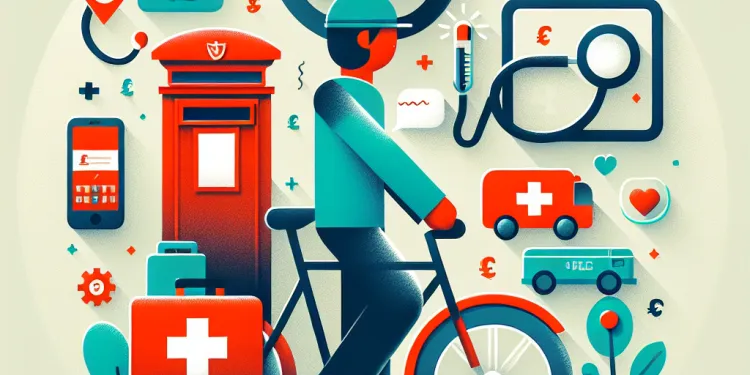
Can I receive health benefits as a gig worker?
Relevance: 45%
-
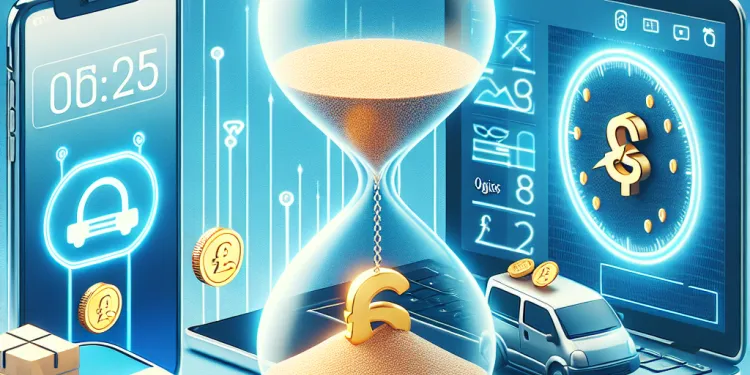
Do gig workers have the right to a minimum wage?
Relevance: 45%
-
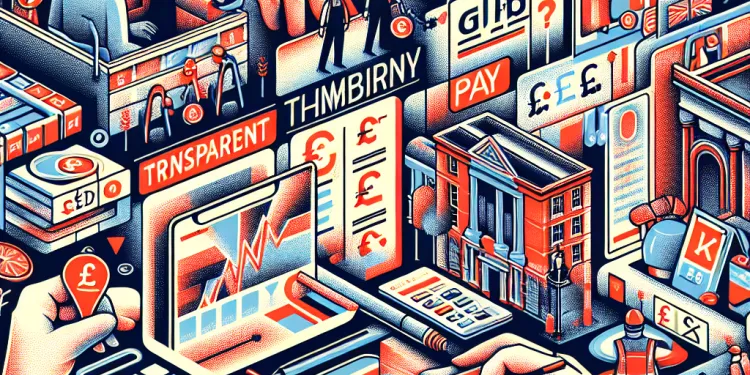
Do gig workers have the right to transparency in pay and fees?
Relevance: 44%
-
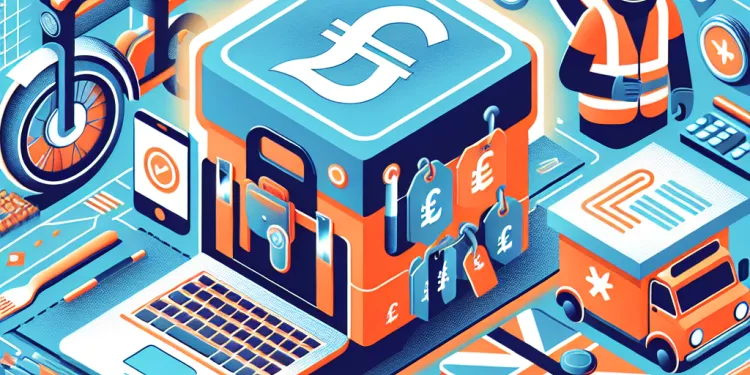
What are my rights regarding workplace safety as a gig worker?
Relevance: 43%
-
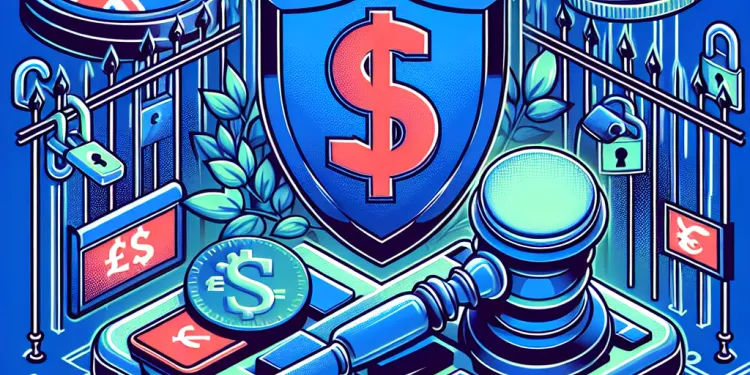
Do gig workers have intellectual property rights over their work?
Relevance: 43%
-
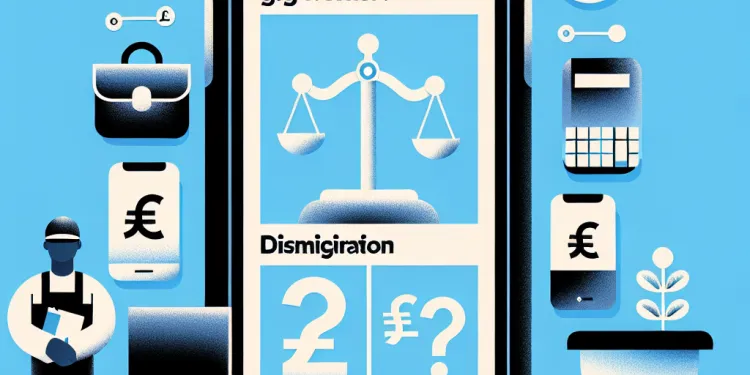
What can I do if I face discrimination as a gig worker?
Relevance: 42%
-
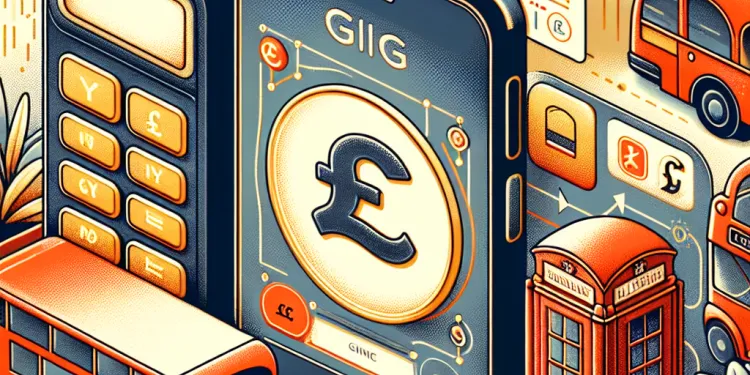
Can I claim expenses as a gig worker?
Relevance: 42%
-
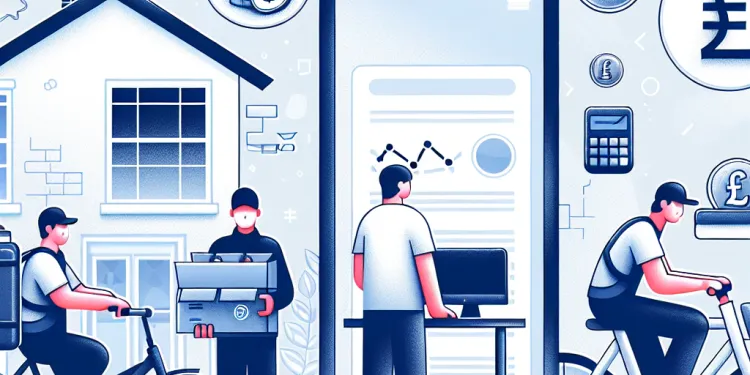
Am I considered an employee if I am a gig worker?
Relevance: 36%
-
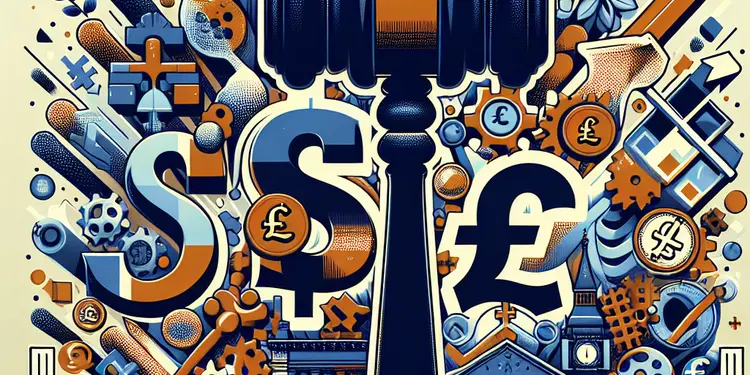
Employment Tribunal Cases Surge Amidst Gig Economy Debate
Relevance: 34%
-
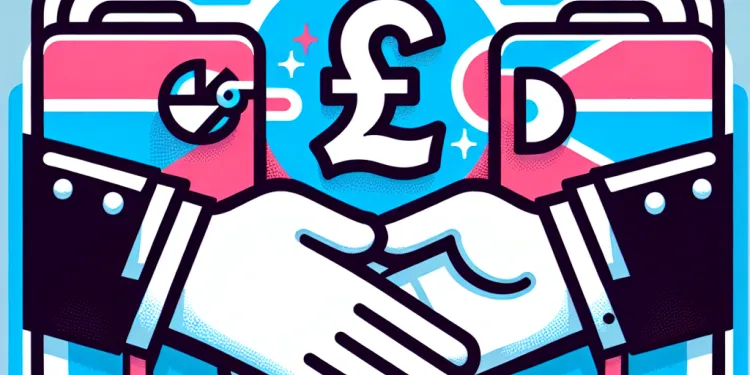
How can I address payment disputes as a gig worker?
Relevance: 33%
-
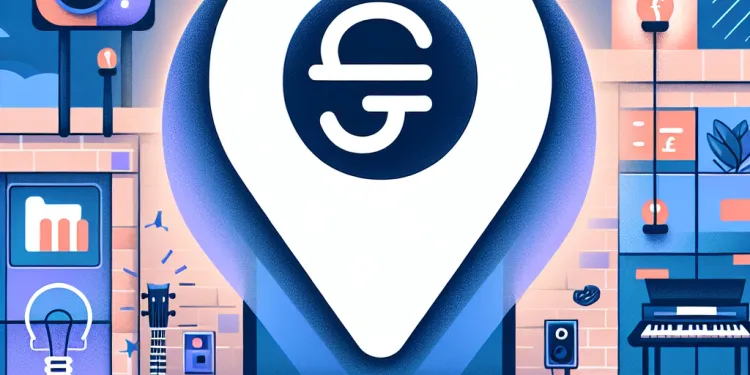
Can a gig platform deactivate my account without reason?
Relevance: 28%
-
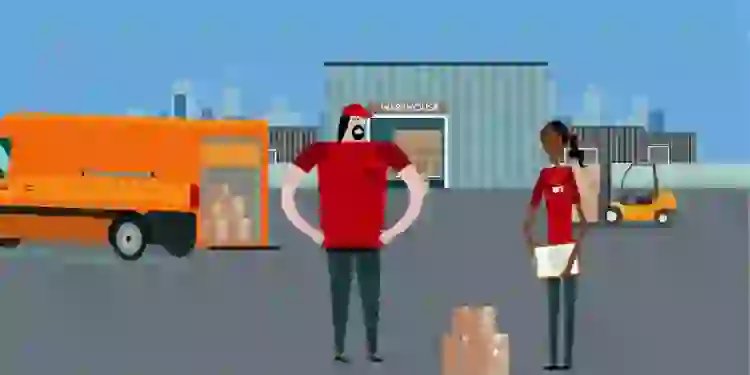
Lone Workers
Relevance: 23%
-

Can support workers participate in decision-making processes?
Relevance: 19%
-
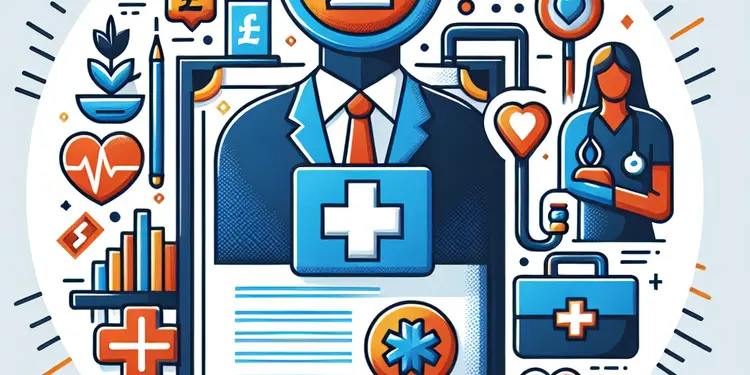
Is certification necessary for primary care support workers?
Relevance: 19%
-
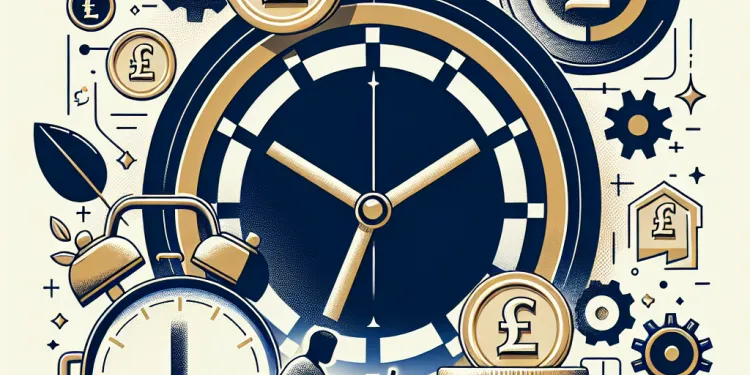
Are zero-hour contract workers entitled to the National Living Wage?
Relevance: 19%
-
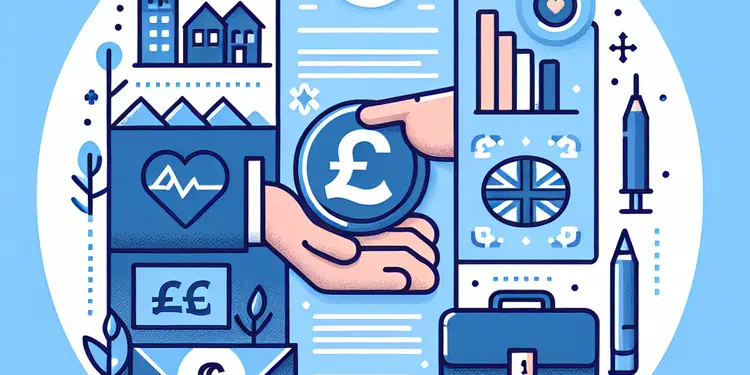
Is mentorship available for primary care support workers?
Relevance: 19%
-
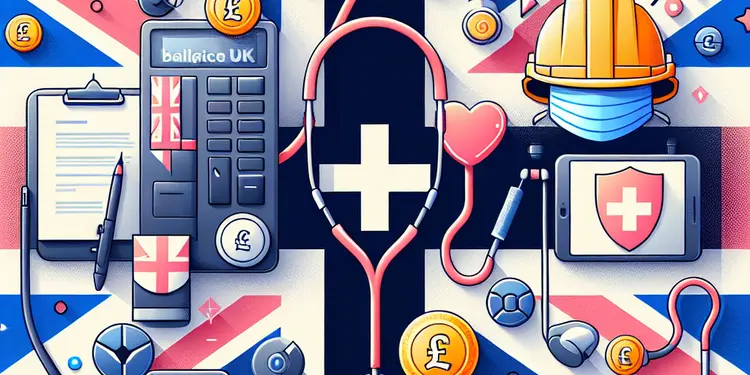
What healthcare policies should support workers be aware of?
Relevance: 18%
-

What help is available to primary care support workers?
Relevance: 18%
-
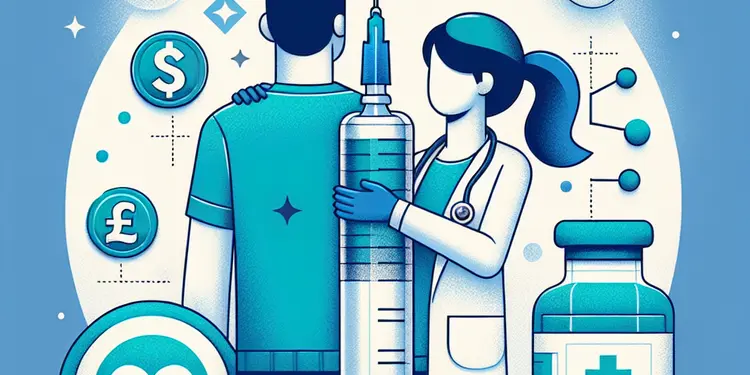
Should health care workers get the meningitis vaccine?
Relevance: 18%
-

What types of training are available for primary care support workers?
Relevance: 18%
-

Social prescribing in practice: supporting social prescribing link workers
Relevance: 18%
-

Are there academic courses for aspiring primary care support workers?
Relevance: 17%
-
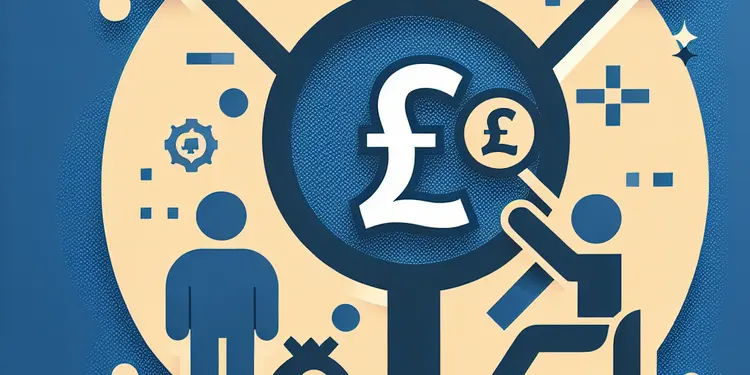
Can primary care support workers access mental health support?
Relevance: 17%
-

How can a Social Prescribing Link Worker help you? #MeetYourGPTeam
Relevance: 17%
-

How can healthcare workers protect themselves from Marburg virus infection?
Relevance: 17%
-
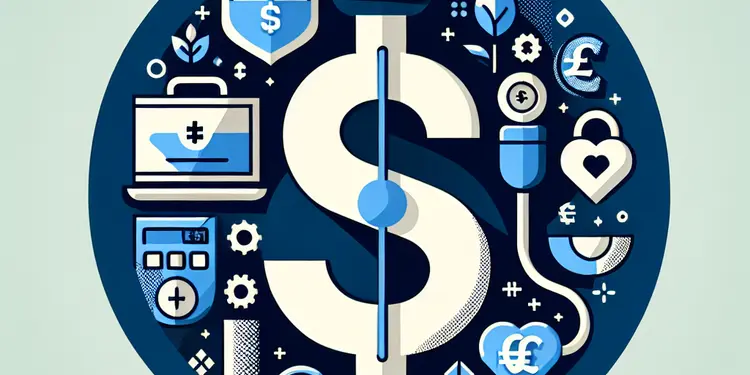
How can primary care support workers contribute to patient care improvement?
Relevance: 16%
-
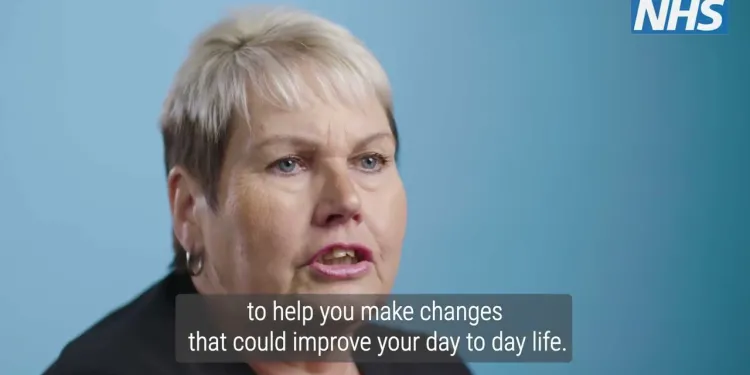
Social Prescribing Link Workers are part of new health and wellbeing services in NHS surgeries
Relevance: 16%
-
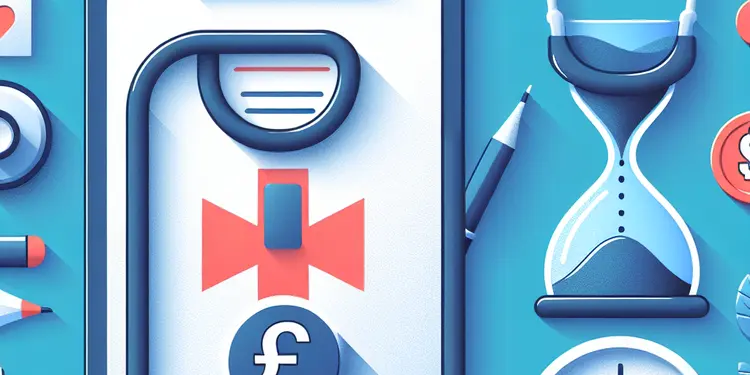
What are the common challenges faced by primary care support workers?
Relevance: 16%
-

How can I advance my career as a primary care support worker?
Relevance: 15%
-
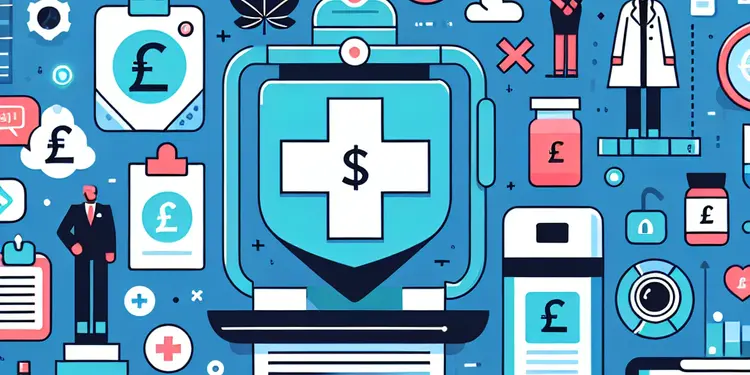
Are there professional organizations for primary care support workers?
Relevance: 14%
-
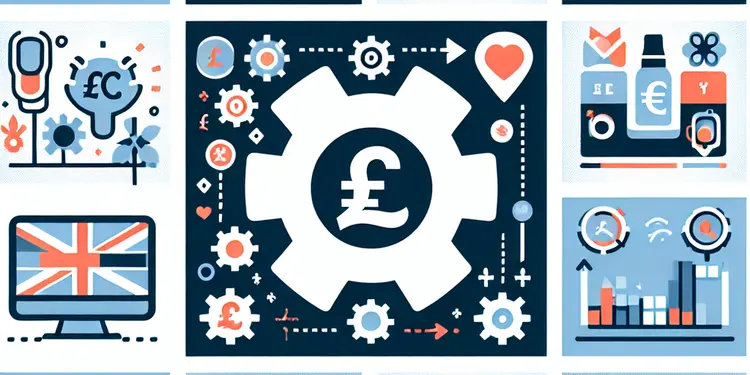
What role does technology play in aiding support workers?
Relevance: 13%
Understanding Gig Work in the UK
The gig economy in the UK has been experiencing significant growth over the past few years, with more people engaging in flexible, short-term, or freelance work. These workers are commonly referred to as gig workers. They operate in various sectors, such as food delivery, ride-sharing, freelance writing, and other temporary assignments. However, despite the benefits of flexibility and autonomy, gig workers often face challenges related to job security and employment rights.
Employment Status of Gig Workers
In the UK, the classification of gig workers' employment status is critical when it comes to the rights and protections they can claim. Gig workers often fall under the category of "self-employed" individuals, although recent legal cases have sometimes reclassified them as "workers." Workers enjoy more rights than the self-employed, including rights to minimum wage, holiday pay, and protection against unlawful discrimination. However, they still do not enjoy full employee protections, such as unfair dismissal rights.
Protection Against Wrongful Termination
Typically, in the UK employment law framework, protection against wrongful termination is reserved for those classified as employees. Employees have the right not to be unfairly dismissed after two years of continuous service. This includes the right to a fair reason for dismissal and a fair process around dismissal. Unfortunately, gig workers, due to their classification, do not generally enjoy such protections. They can usually have their contracts terminated without the same requirements for cause or procedure.
Legal Challenges and Developments
There have been significant legal challenges and developments in the gig economy that have begun to alter the landscape. For instance, in the landmark case of Uber BV v Aslam, the UK Supreme Court ruled that Uber drivers were to be classified as workers, not self-employed contractors. This ruling has had a ripple effect, prompting other gig economy companies to reconsider how they classify and treat their workers. However, while the ruling offers additional rights to gig workers, protection against wrongful termination is still not guaranteed.
Conclusion
In summary, while significant progress is being made in recognizing and expanding the rights of gig workers in the UK, protection against wrongful termination remains limited. The employment status of gig workers continues to be a critical factor in determining their rights. As legal challenges continue to evolve, it is possible that additional protections may be extended to gig workers in the future. For gig workers, staying informed about their rights and any legal developments is crucial in navigating the challenges of the gig economy.
Understanding Gig Work in the UK
In the UK, more people are working in the gig economy. This means they have jobs that are short and flexible, or they do freelance work. These people are called gig workers. They do different types of jobs, like delivering food, driving people around, writing, or other temporary jobs. Though gig work is flexible, it can be hard because these workers don't always have job security or rights like regular employees.
Employment Status of Gig Workers
In the UK, it's important to know what type of worker gig workers are. This helps to know what rights they have. Many gig workers are called "self-employed," but some court cases have changed this to "workers." Workers have more rights, like getting the minimum wage, holiday pay, and protection from discrimination. But, they do not get all the rights that employees get, such as protection from unfair firing.
Protection Against Wrongful Termination
In the UK, only employees have protection from being fired unfairly after working for two years. This means they need a good reason to be fired and must be treated fairly. Gig workers do not have these protections. Someone can end their gig job without giving the same reasons or following the same rules.
Legal Challenges and Developments
There have been important court cases and changes for gig workers. For example, in the Uber case, the UK Supreme Court decided that Uber drivers are "workers," not "self-employed." This decision has made other gig companies think about how they treat their workers. This means gig workers might get more rights, but they still might not be protected from unfair firing.
Conclusion
In short, gig workers in the UK are starting to get more rights, but they still do not have full protection from being fired unfairly. Knowing what kind of worker they are is key to understanding their rights. As more court cases happen, gig workers may get more protections. For gig workers, it is important to stay informed about their rights and what is happening in the gig economy.
Frequently Asked Questions
What is a gig worker?
A gig worker is an individual who is employed on a temporary, flexible basis, typically through an online platform or freelance contract, rather than a permanent employee with a company.
Are gig workers considered employees?
Gig workers are typically classified as independent contractors rather than employees, which affects the level of legal protections they receive.
What is wrongful termination?
Wrongful termination is the illegal firing of an employee, which can occur if it violates company policy, discrimination laws, or contractual agreements.
Do gig workers have protection against wrongful termination?
Gig workers generally do not have the same legal protections against wrongful termination as employees because they are classified as independent contractors.
What factors determine the classification of a gig worker as an independent contractor?
Factors include the degree of control the company has over the worker, the worker's investment in equipment or materials, the opportunity for profit or loss, and the permanency of the relationship.
Can gig workers contest their termination?
While gig workers can challenge their classification and seek employee status, contesting termination directly as wrongful is more difficult under current independent contractor status.
What legal recourse do gig workers have against unfair treatment?
Gig workers can pursue legal action for misclassification if they believe they should be classified as employees and are entitled to related protections.
Have there been any changes in gig worker protections recently?
Yes, some jurisdictions have taken steps to provide gig workers with more rights, such as minimum wage laws, health care benefits, and other protections.
What is AB5 and how does it relate to gig workers?
AB5 is a California law that requires companies to classify more workers as employees rather than independent contractors, which impacts gig workers' rights and protections.
Can a platform remove a gig worker without cause?
Yes, as independent contractors, gig workers do not have the same protection against termination without cause as employees do.
Why are gig workers considered independent contractors instead of employees?
Gig workers are often classified as independent contractors to provide companies with greater flexibility and to avoid providing traditional employee benefits.
What benefits do employees have that gig workers typically do not?
Employees often receive benefits such as health insurance, unemployment insurance, paid leave, and protection against wrongful termination, which are not typically offered to gig workers.
What is the 'ABC test' in worker classification?
The ABC test is a standard used to determine if a worker is an employee or an independent contractor by assessing control, business integration, and independence.
Are there any countries with strong protections for gig workers?
Some countries, like the UK and certain EU member states, are moving towards implementing stronger protections and rights for gig workers.
Can a gig worker sue for wrongful termination outside of classification issues?
It is rare, but a gig worker may pursue a suit for wrongful termination if there is evidence of discrimination or other illegal acts by the platform.
How can gig workers protect themselves against termination?
Gig workers should review their contracts, maintain professional relationships, document all communications, and stay informed about legal changes in their area.
What role do unions play in protecting gig workers?
Unions can advocate for gig workers' rights, negotiate better terms, and provide legal support in disputes over classification or termination.
Is there a federal law in the U.S. that protects gig workers from wrongful termination?
Currently, there is no specific federal law that provides wrongful termination protection to gig workers, but federal labor laws are being discussed to address this.
How can misclassified gig workers seek reclassification?
Misclassified gig workers can file complaints with labor boards, take legal action in court, or negotiate with the company for reclassification and associated benefits.
What does the future hold for gig worker protections?
The future may see more legal reforms and tests, such as the ABC test, that aim to protect gig workers' rights and possibly reclassify more of them as employees.
What is a gig worker?
A gig worker is someone who does small jobs for different people or companies. These jobs are called "gigs." They can be short-term or for a one-time project. Gig workers might drive cars, deliver food, or do other tasks.
If you find it hard to read, you can:
- Ask someone to read it with you.
- Use a phone or tablet to listen to the text. This is called text-to-speech.
- Break the text into small parts. Read a little at a time.
A gig worker is someone who works for a short time and can change when they work. They usually find work online or do jobs on their own instead of having a regular job with a company.
Are gig workers the same as employees?
Gig workers are people who do jobs for different people or companies, but they are not regular employees. This means they have fewer laws to protect them.
What is wrongful termination?
Sometimes people lose their jobs because it is unfair. This is called "wrongful termination".
Here are some tips to help understand:
- Think about why someone lost their job. Was it fair?
- Ask a friend or family member to help you understand.
- Use simple words to talk about it.
- Look up more information in books or on websites like a dictionary for kids.
Wrongful termination is when it's against the law to fire someone. This can happen if it breaks the company's rules, is unfair, or goes against what was agreed in a contract.
Do gig workers have protection if they are unfairly fired?
Gig workers are people who do short-term jobs, like driving for a rideshare company or delivering food.
Being unfairly fired means losing your job for no good reason.
Sometimes, gig workers do not have the same job protections as other workers.
If you are a gig worker and feel you were unfairly fired, here are some things that might help:
- Talk to someone you trust and tell them what happened.
- Look for a group or community that helps gig workers.
- Some websites and apps give advice and support to gig workers.
Gig workers do not have the same rules to protect them from being unfairly fired. This is because they are not regular employees. They are called independent contractors.
What decides if a gig worker is an independent contractor?
Sometimes people work on short jobs called gigs. We want to know what makes them independent contractors. Here are some questions to think about:
- Who is the boss? Does the worker choose how and when to work?
- Does the worker have other jobs? Independent people can have many clients.
- Who brings their own tools? Independent workers often use their own stuff.
These questions help decide if a gig worker is independent.
Tools like picture charts or a helper can make it easier to understand.
There are things to think about:
- How much control does the company have over the worker?
- Does the worker buy their own tools or equipment?
- Can the worker make more money or lose money?
- How long is the worker going to work with the company?
Helpful tools:
- Use a voice reader to listen to text.
- Highlight important words with a colored pen.
Can gig workers fight being fired?
Gig workers are people who do short jobs, like delivering food or driving a car for a ride service.
Sometimes, they might get fired or not be allowed to work.
These workers might wonder if they can say it is not fair and try to keep their job.
Here are some ways they can do that:
- Read the rules about their job. This helps them know their rights.
- Talk to a manager or someone in charge. They can explain what happened.
- Ask for help from a group that supports workers.
- Write down what happened and keep any messages or emails.
If they need more help, they can use tools like text-to-speech readers or picture charts to understand better.
Gig workers are people who do different short jobs or projects. They can try to change how they are seen by their bosses. They might want to be seen as employees instead of just doing short jobs. But, if their job ends and they think it's unfair, it is hard for them to fight this because they are not seen as employees right now.
What can gig workers do if they are treated unfairly?
Gig workers are people who do short jobs or tasks. If they think they are not treated nicely or fairly, they have options to help them:
- Talk about the problem: Gig workers can tell their boss what is wrong. It might help to solve the issue.
- Get advice: They can ask for help from a lawyer or a worker's union. These people know a lot about work rules and can help explain what to do.
- Lodge a complaint: If talking does not help, they can tell an important work group like a labour board about the problem. This group can look into the issue.
- Use apps or tools: There are online tools and apps that can help gig workers understand their rights. These tools can give simple advice.
These steps can support gig workers if they feel they are not being treated well.
Gig workers are people who do short jobs, like driving or delivering food. Sometimes these workers think they should have the same rights as regular employees. Regular employees get things like sick pay and holiday time.
If gig workers think they should be like regular employees, they can talk to a lawyer. The lawyer can help them ask for their rights in court. They can ask to be called employees and get the same benefits.
Have there been new rules to help gig workers lately?
Yes, some places have made new rules to help gig workers. These rules can give gig workers things like minimum pay, health care, and other help.
What is AB5 and how does it affect gig workers?
AB5 is a law. This law helps gig workers, like drivers and delivery people.
The law gives them more rights, like getting paid fairly and having certain benefits.
If you want to know more, you can talk to someone who knows about workers' rights or use online tools that explain laws in simple words.
AB5 is a law in California. It says companies must treat more workers like employees instead of independent contractors. This changes the rights and protections for people who do gig work, like driving for rideshares or delivering food.
Can a company stop giving a worker jobs for no reason?
Yes, gig workers, like people who drive for ride-sharing companies or deliver food, are usually their own bosses. This means they don’t have the same protection as regular employees when it comes to being let go from their jobs.
Why are gig workers called independent contractors and not employees?
Gig workers, like delivery drivers or freelancers, are their own bosses. They decide when to work and which jobs to do. They use their own tools and often work for many companies. This makes them independent contractors.
Employees work for one company. The company tells them what to do and when to work. The company also gives them the tools they need.
If you want to understand more, you can ask someone to explain or use apps that read text out loud.
Gig workers are people who do short or temporary jobs. They are usually called independent contractors. This helps companies be more flexible and means they don’t have to give these workers the same benefits as regular employees.
What good things do employees get that gig workers usually don’t?
Employees, people who work for a company, get some good things that gig workers, like those who work short jobs, usually don’t. These good things might include: - **Regular Pay:** Employees get the same amount of money every month. - **Health Insurance:** Employees often get help with doctor visits and medicine. - **Paid Time Off:** Employees can take a break from work and still get paid. - **Job Security:** Employees often have a steady job with a promise of work. **Helpful Tips:** - Use pictures or symbols to better understand what different benefits mean. - Break down information into small, easy-to-read parts. - Ask someone you trust to explain things you don’t understand.People who work at a job usually get extras. These extras can be things like health insurance, money if they lose their job, paid days off, and rules to keep their job safe. Gig workers, who work short jobs, don't usually get these extras.
If you find reading hard, try using tools that read text out loud or watch videos for more information. These can help make things easier to understand.
What is the 'ABC test' for workers?
The 'ABC test' helps decide if a worker is an employee or works for themselves. This is important for rules and taxes.
Here is how the test works:
- A: The worker is free to choose how they do their job and is not controlled by the boss.
- B: The work is not the main job of the boss's business.
- C: The worker has their own business doing this kind of work.
All three parts must be true for someone to be their own boss, not an employee.
Helpful tips:
- Ask someone to explain hard words.
- Use pictures or videos to learn more.
- Take your time reading.
The ABC test helps us decide if someone is a worker or works for themselves. It asks three questions: Who is in charge? Are they part of the business? Can they work on their own?
Do any countries have good rules to help gig workers?
Some countries, like the UK and some places in the EU, want to give gig workers more help and rights.
Can a gig worker take legal action if they are fired unfairly?
It does not happen often, but a gig worker can take legal action if they think they were treated unfairly. This might happen if the platform did something wrong, like discrimination.
How can gig workers keep their jobs safe?
People who work gig jobs should do these things:
- Read their work contracts carefully.
- Be friendly and keep good relationships with people they work with.
- Write down or save all messages and talks about work.
- Learn about any new laws that might affect their work.
These tips can help gig workers do well.
How do unions help gig workers?
Unions are groups that help workers. They make sure workers are treated fairly.
Gig workers are people who do jobs like driving, delivering food, or freelancing. They often work for apps or websites.
Unions can help gig workers by:
- Making sure they get fair pay.
- Helping them if they have a problem at work.
- Working for better job rules and conditions.
To understand more, you can:
- Use simple videos or pictures that explain what unions do.
- Ask a friend or family member to explain it to you.
- Look for easy-to-read information online.
Unions help gig workers. They can speak up for their rights. They can talk to companies to get better deals. If a worker is in trouble, unions can offer legal help too.
Does a law in the U.S. help gig workers if they are unfairly fired?
Right now, there is no big law in the country that protects gig workers from losing their jobs unfairly. But, people are talking about making new laws to help with this.
How can gig workers ask to be classified correctly?
If gig workers are not put in the right job group, they have a few options. They can ask for help from work offices, go to court, or talk to the company. They might get their job group changed and receive job benefits.
What will gig worker protections be like in the future?
In the future, there might be new laws and tests, like the ABC test, to help gig workers. These laws could help give workers more rights and maybe make them employees.
Useful Links
This website offers general information and is not a substitute for professional advice.
Always seek guidance from qualified professionals.
If you have any medical concerns or need urgent help, contact a healthcare professional or emergency services immediately.
Some of this content was generated with AI assistance. We’ve done our best to keep it accurate, helpful, and human-friendly.
- Ergsy carfully checks the information in the videos we provide here.
- Videos shown by Youtube after a video has completed, have NOT been reviewed by ERGSY.
- To view, click the arrow in centre of video.
- Most of the videos you find here will have subtitles and/or closed captions available.
- You may need to turn these on, and choose your preferred language.
- Go to the video you'd like to watch.
- If closed captions (CC) are available, settings will be visible on the bottom right of the video player.
- To turn on Captions, click settings .
- To turn off Captions, click settings again.
More Items From Ergsy search
-

Are gig workers protected against wrongful termination?
Relevance: 100%
-

What are my rights as a Gig Worker?
Relevance: 54%
-

Are gig workers entitled to workers' compensation?
Relevance: 51%
-

Do gig workers have the right to unionize?
Relevance: 47%
-

Are gig workers entitled to sick leave?
Relevance: 47%
-

Do gig workers qualify for retirement benefits?
Relevance: 47%
-

Is job security a right for gig workers?
Relevance: 47%
-

Am I entitled to overtime pay as a gig worker?
Relevance: 47%
-

Do gig workers have access to unemployment benefits?
Relevance: 45%
-

Can I receive health benefits as a gig worker?
Relevance: 45%
-

Do gig workers have the right to a minimum wage?
Relevance: 45%
-

Do gig workers have the right to transparency in pay and fees?
Relevance: 44%
-

What are my rights regarding workplace safety as a gig worker?
Relevance: 43%
-

Do gig workers have intellectual property rights over their work?
Relevance: 43%
-

What can I do if I face discrimination as a gig worker?
Relevance: 42%
-

Can I claim expenses as a gig worker?
Relevance: 42%
-

Am I considered an employee if I am a gig worker?
Relevance: 36%
-

Employment Tribunal Cases Surge Amidst Gig Economy Debate
Relevance: 34%
-

How can I address payment disputes as a gig worker?
Relevance: 33%
-

Can a gig platform deactivate my account without reason?
Relevance: 28%
-

Lone Workers
Relevance: 23%
-

Can support workers participate in decision-making processes?
Relevance: 19%
-

Is certification necessary for primary care support workers?
Relevance: 19%
-

Are zero-hour contract workers entitled to the National Living Wage?
Relevance: 19%
-

Is mentorship available for primary care support workers?
Relevance: 19%
-

What healthcare policies should support workers be aware of?
Relevance: 18%
-

What help is available to primary care support workers?
Relevance: 18%
-

Should health care workers get the meningitis vaccine?
Relevance: 18%
-

What types of training are available for primary care support workers?
Relevance: 18%
-

Social prescribing in practice: supporting social prescribing link workers
Relevance: 18%
-

Are there academic courses for aspiring primary care support workers?
Relevance: 17%
-

Can primary care support workers access mental health support?
Relevance: 17%
-

How can a Social Prescribing Link Worker help you? #MeetYourGPTeam
Relevance: 17%
-

How can healthcare workers protect themselves from Marburg virus infection?
Relevance: 17%
-

How can primary care support workers contribute to patient care improvement?
Relevance: 16%
-

Social Prescribing Link Workers are part of new health and wellbeing services in NHS surgeries
Relevance: 16%
-

What are the common challenges faced by primary care support workers?
Relevance: 16%
-

How can I advance my career as a primary care support worker?
Relevance: 15%
-

Are there professional organizations for primary care support workers?
Relevance: 14%
-

What role does technology play in aiding support workers?
Relevance: 13%


